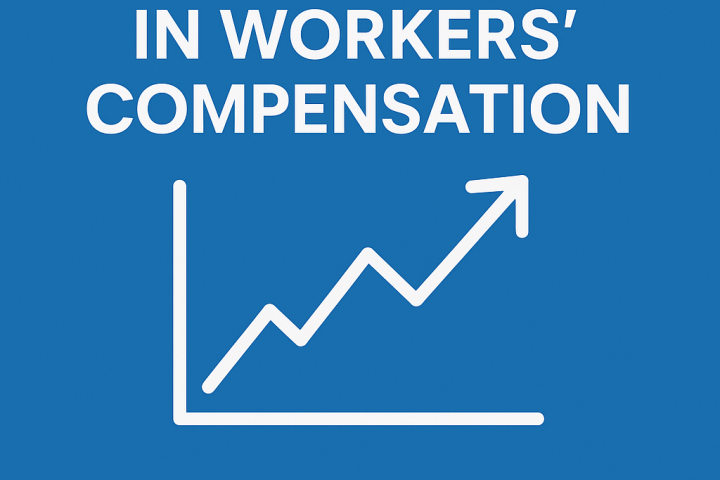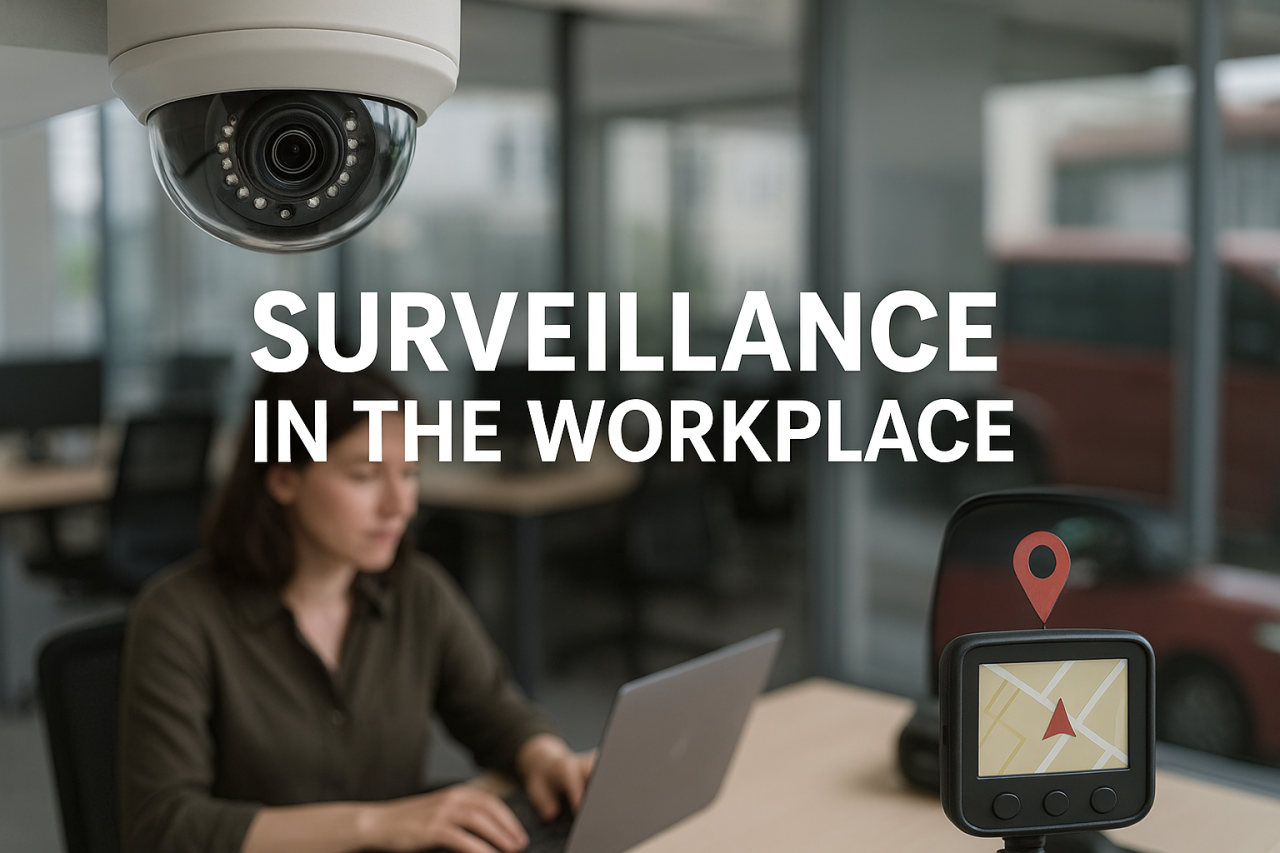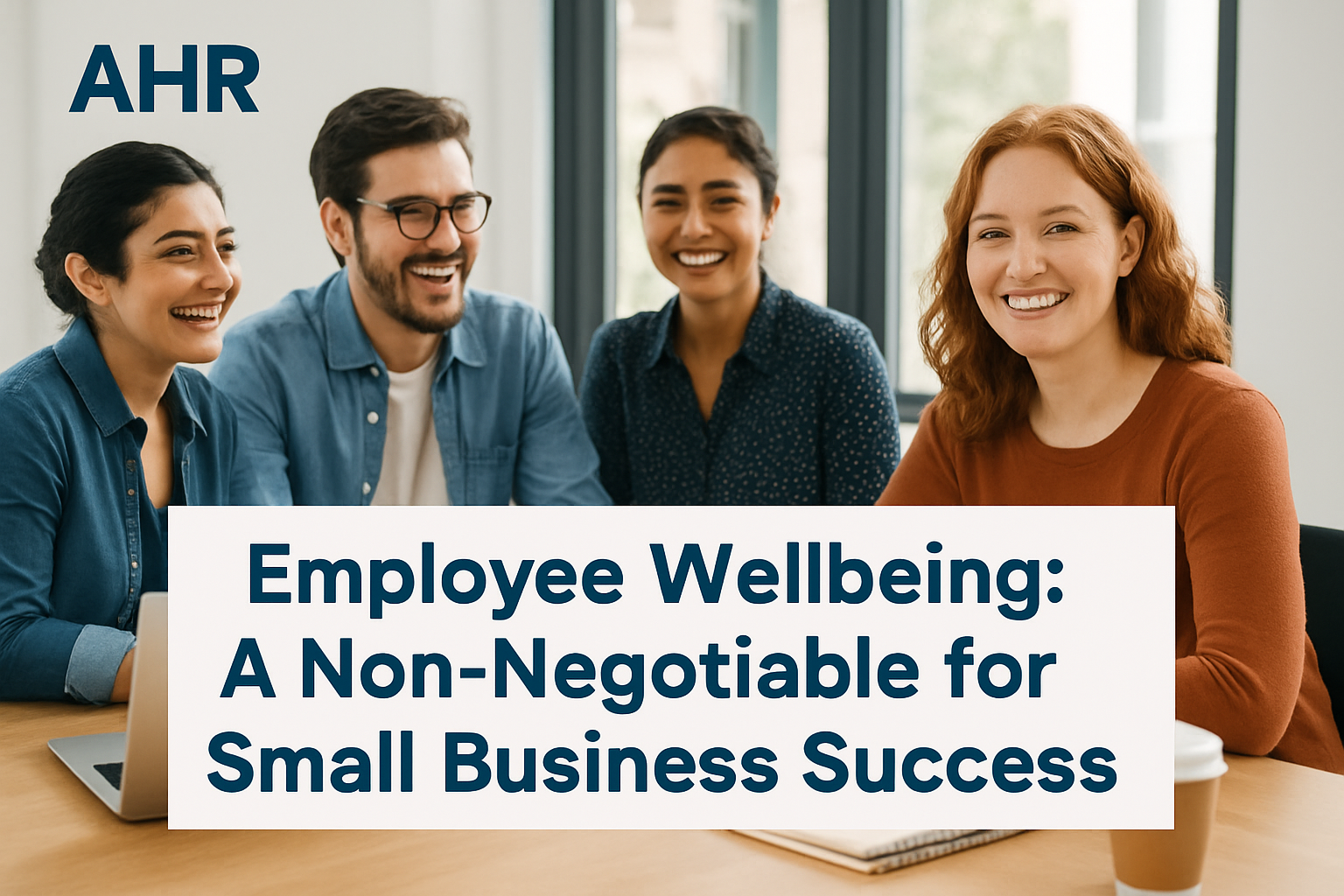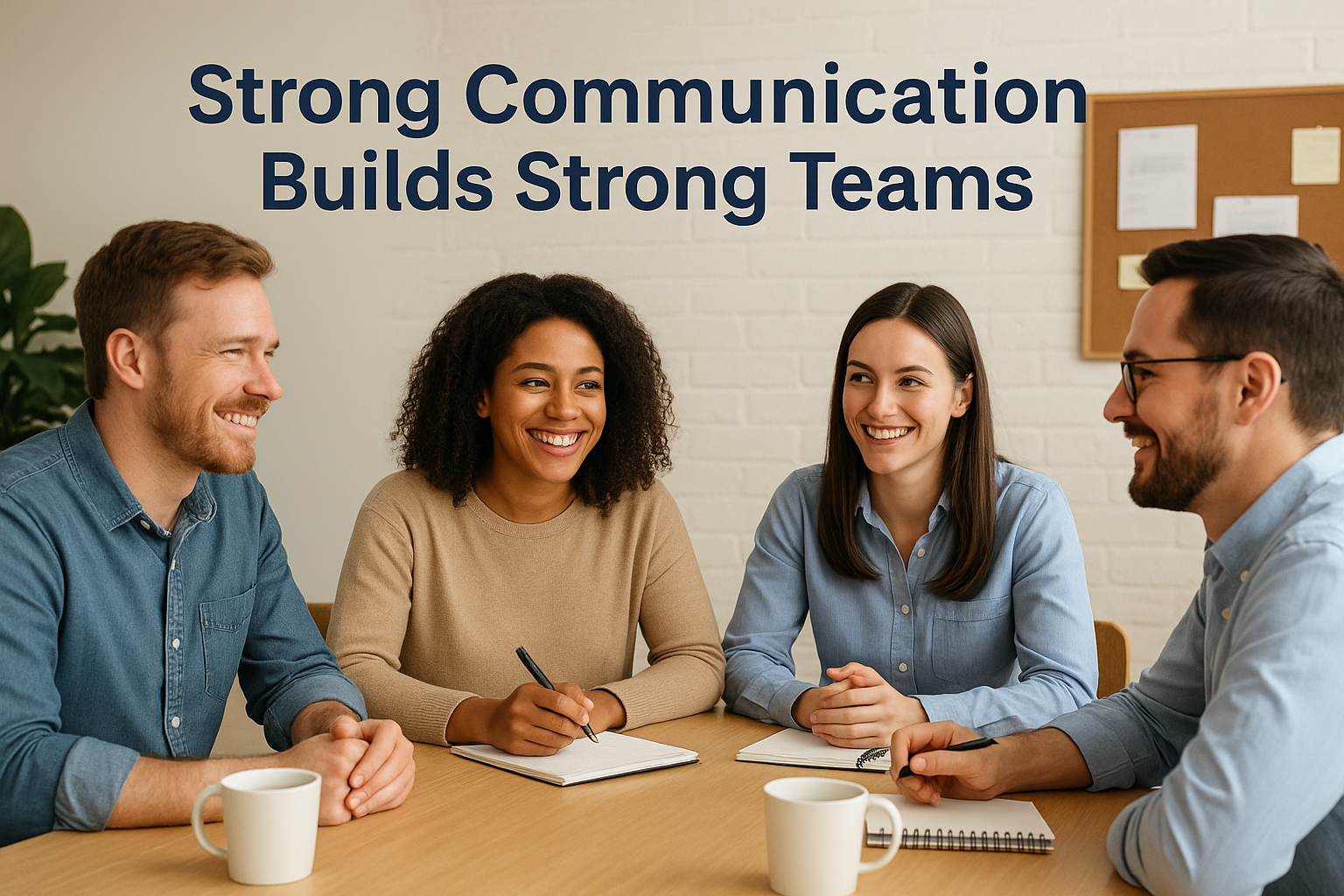How to Run a Mediation Meeting in a Small Business
Workplace mediation for small businesses is crucial for maintaining a healthy work environment. Conflict in the workplace is inevitable; however, it doesn’t have to be destructive. When handled correctly, mediation, as a form of workplace mediation and small business strategy, can help resolve disputes, strengthen relationships, and improve team morale.
As a small business owner, knowing how to run a mediation meeting effectively can save you time, reduce stress, and maintain a productive work environment.
Here’s a step-by-step guide to running a successful workplace mediation small business meeting.
1. Understanding When Workplace Mediation Small Business is Needed
Mediation is appropriate in workplace mediation in small business settings when:
- Two or more workers have an ongoing conflict that affects their work.
- A disagreement is escalating, and direct communication has failed.
- You want to resolve the issue without formal disciplinary action.
- You need to repair working relationships while keeping the focus on business goals.
Mediation is NOT suitable when:
- There are allegations of serious misconduct (e.g., bullying, harassment, or discrimination).
- One party is unwilling to participate in good faith.
- Legal action has already been taken.
In serious cases, it’s best to engage a professional workplace investigator or HR consultant to ensure compliance with employment laws.
2. Prepare for the Mediation
Choose a Neutral Facilitator
If you, as the business owner, are directly involved in the conflict, consider appointing an external mediator (like AHR) or a trusted senior worker to lead the session. A neutral facilitator ensures fairness and credibility.
Schedule a Private Meeting
Pick a quiet, neutral space where both parties feel comfortable. Allow enough time (usually 30–60 minutes) to discuss the issue without interruptions.
Set the Ground Rules
At the start of the session, outline clear rules to ensure a respectful and productive discussion. These may include:
- Speaking one at a time.
- No interrupting or raising voices.
- Focusing on solutions, not blame.
- Agreeing to keep the discussion confidential.
Ask both parties to confirm their agreement to these ground rules before proceeding.
3. Facilitate the Discussion
Let Each Person Speak
Allow each worker to explain their side of the issue without interruption. Encourage them to focus on facts, not emotions, and describe how the situation has impacted them.
Use active listening techniques such as:
- Nodding and maintaining eye contact.
- Paraphrasing their points to confirm understanding.
- Asking clarifying questions if needed.
Identify the Core Issue
Encourage the parties to move beyond personal grievances and focus on the underlying problem. This could be a communication breakdown, workload imbalance, or misunderstanding of responsibilities.
For example:
❌ Blame-focused: “You never listen to my ideas.”
✅ Solution-focused: “I feel like my suggestions aren’t being considered. How can we improve team discussions?”
Encourage Solutions
Ask both parties how they think the conflict can be resolved. Brainstorm options and find common ground. If they struggle to find solutions, guide them with open-ended questions:
- “What would make this situation better for you?”
- “How can we improve communication going forward?”
- “What compromises are you both willing to make?”
The goal is to reach a mutually agreeable outcome where both parties feel heard and respected.
4. Document the Agreement
Summarise the key points of the discussion and any agreed-upon actions. A simple mediation agreement should include:
- The main issue was discussed.
- Steps each person will take to improve the situation.
- A follow-up date to check progress.
Both parties acknowledge the agreement either verbally or in writing to ensure accountability.
5. Follow Up
Check in with both parties after an agreed period (e.g., one or two weeks) to ensure the resolution is working. If issues persist, consider additional coaching, training, or external mediation.
Final Thoughts
Handling workplace disputes through mediation can prevent small conflicts from escalating into major HR issues. By fostering open communication, fairness, and respect, you create a stronger, more cohesive team.
If workplace conflict is affecting your business and you need professional mediation support, Assurance HR (AHR) can help. We specialize in workplace investigations, mediation, and conflict resolution for small businesses. Contact us today for expert guidance.










